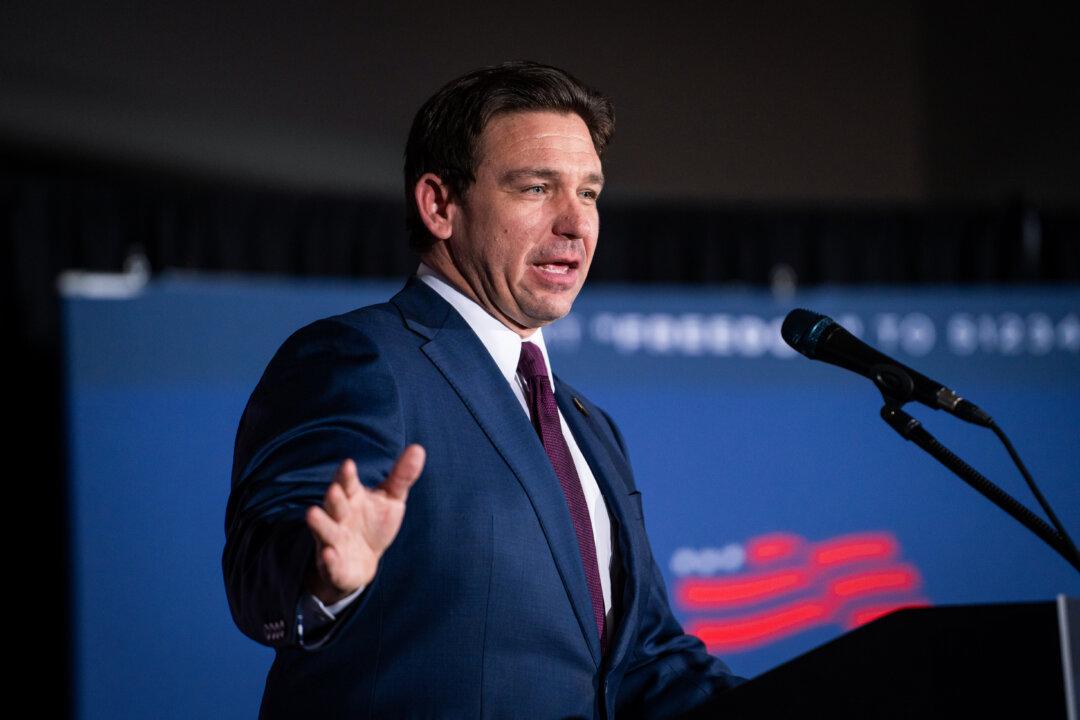Florida’s newest law cracks down on minors’ exposure to social media, in a move lawmakers say further elevates parental rights in the state and protects children from addiction, predators, and other dangers waiting in the digital realm.
Florida Gov. Ron DeSantis signed HB 3: Online Protections for Minors in Jacksonville on March 25, prohibiting minors under 14 from using social media, requiring parental consent for 14- and 15-year-olds, and mandating age verification on sites with “harmful” content such as pornography.





